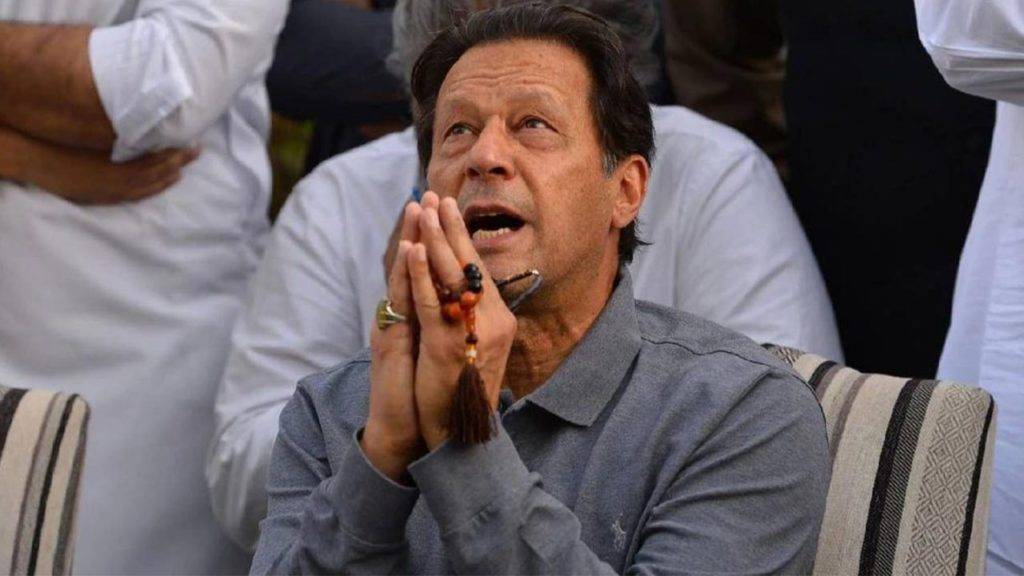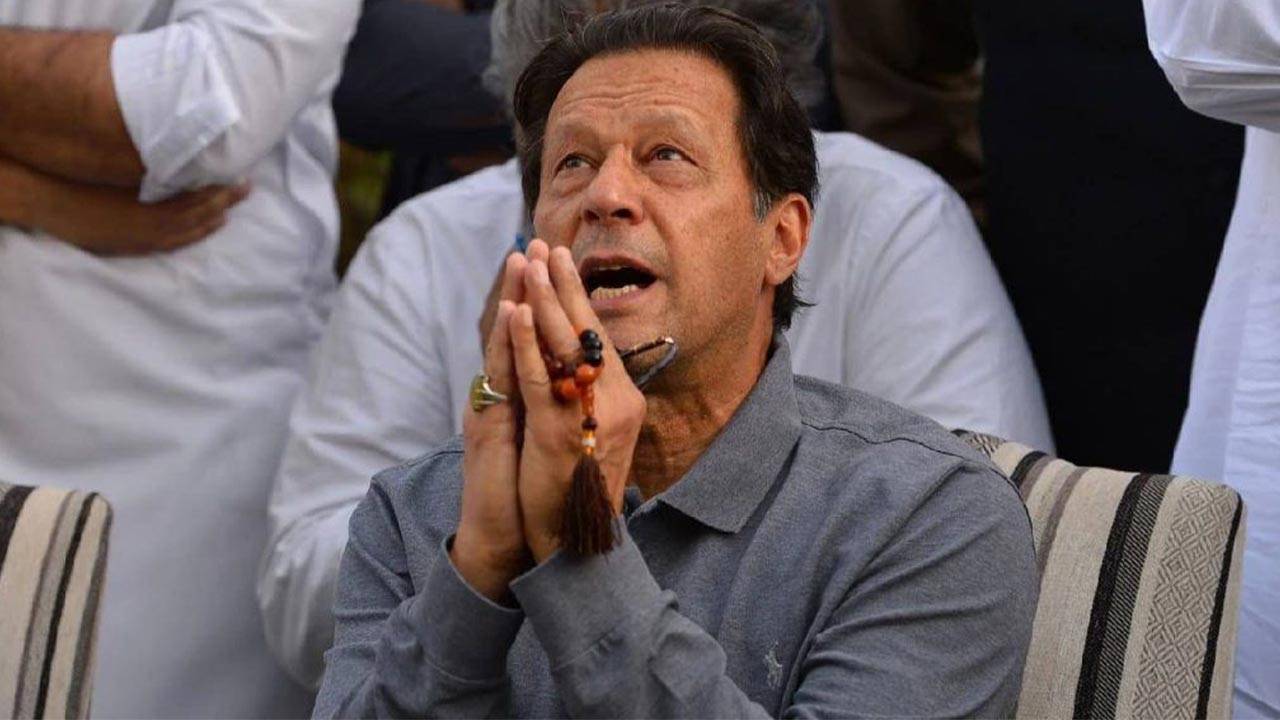Imran Khan Got Arrested: Pakistan’s Prime Minister, Imran Khan, has faced numerous controversies during his political career. Recently, he was arrested in connection with the Al Qadir Trust case, which has sparked widespread protests and raised concerns about the country’s democracy, judicial system, and the rule of law. Many of his supporters believe that the arrest is politically motivated, while the government has defended it as part of its efforts to promote transparency and accountability. In this article, we will explore the Al Qadir Trust case, Imran Khan’s arrest, and its impact on Pakistan’s political landscape.

Table: Major Events in the Al Qadir Trust Case
| Year | Event |
|---|---|
| 2014 | Pakistan Tehreek-e-Insaf (PTI) organizes sit-in protests in Islamabad |
| PTI collects donations through the Al Qadir Trust charity organization | |
| Allegations surface of illegal fundraising and misuse of funds by the PTI during protests | |
| 2018 | National Accountability Bureau (NAB) initiates an investigation into the case |
| 2023 | Imran Khan, PTI chairman at the time of the protests, is arrested by the NAB |
| The arrest sparks widespread |
Imran Khan Black Day: Pakistan’s Democracy at Risk
Imran Khan, the current Prime Minister of Pakistan, has faced several controversies during his political career. Recently, he was arrested in connection with the Al Qadir Trust case, which has raised concerns about his government’s transparency and accountability.
Al Qadir Trust Case
The Al Qadir Trust case involves allegations of illegal fundraising by Imran Khan’s political party, Pakistan Tehreek-e-Insaf (PTI), during the 2014 sit-in protests in Islamabad. The protests were organized to demand the resignation of then-Prime Minister Nawaz Sharif over allegations of election rigging.
According to the case’s allegations, the PTI collected donations through the Al Qadir Trust, a charity organization, and used the funds for personal expenses and to finance the protests. Imran Khan, who was the PTI’s chairman at the time, was named in the case along with other party officials.
Imran Khan Got Arrested
On May 8, 2023, Imran Khan was arrested by the National Accountability Bureau (NAB), Pakistan’s anti-corruption watchdog, in connection with the Al Qadir Trust case. The arrest has sparked widespread protests in major cities, including Islamabad and Lahore.
Many of Khan’s supporters believe that the arrest is politically motivated and an attempt to silence opposition voices. However, the government has defended the arrest, stating that it is part of the country’s efforts to promote transparency and accountability.
Imran Khan Black Day
The arrest of Imran Khan has been described by many as a “black day” for democracy in Pakistan. Critics argue that the government’s actions against Khan are part of a broader crackdown on opposition parties and voices.
In an opinion piece published in Middle East Eye, journalist Mehreen Zahra-Malik writes, “Khan’s arrest has raised serious questions about the health of Pakistan’s democracy, its judicial system, and the rule of law.”
Despite these concerns, the government has stated that it will continue to promote transparency and accountability in all aspects of governance.
FAQs:
- What is the Al Qadir Trust case?
The Al Qadir Trust case involves allegations of illegal fundraising by Imran Khan’s political party, Pakistan Tehreek-e-Insaf (PTI), during the 2014 sit-in protests in Islamabad. - What is Imran Khan’s connection to the case?
Imran Khan, who was the PTI’s chairman at the time, was named in the case along with other party officials. - Why was Imran Khan arrested?
Imran Khan was arrested by the National Accountability Bureau (NAB) in connection with the Al Qadir Trust case. - Why are there protests in Pakistan?
The arrest of Imran Khan has sparked widespread protests in major cities, including Islamabad and Lahore, with many of his supporters believing that the arrest is politically motivated. - What is the government’s response to the protests?
The government has defended the arrest, stating that it is part of the country’s efforts to promote transparency and accountability.






